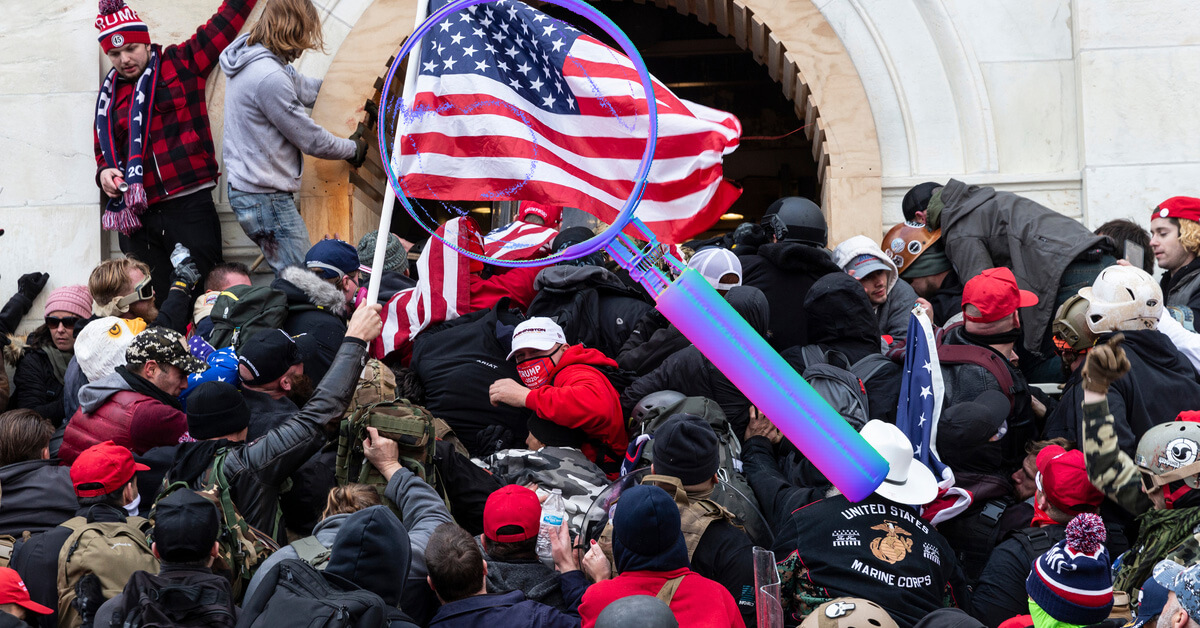If I learned nothing else during my 20 years as a middle school teacher, it was that children of that age are intensely social, almost single-mindedly hellbent on securing a slot in the social order. The fortunes of these young people can change quickly. Monday morning might find them unaccountably excised from a previously secure group of friends, leaving them bewildered and bereft. To guard against such eventualities, they lock arms as they march down the hallway like a steamrolling wave of social security. For many years, I was quite sure this behavior was unique. It was not until I had taught these children for two decades and coached 41 seasons of sports that I realized that I had been mistaken. In fact, the intense need for social affirmation and acceptance that defines middle school is not a stage through which one passes. It is not a skin to be shed on the way out of adolescence. It’s training. We are the products of that training.
We are also the victims of it. We have become a polarized society, bound unconditionally to those on our political team and mistrustful and dismissive of those on the other side. We cling…


